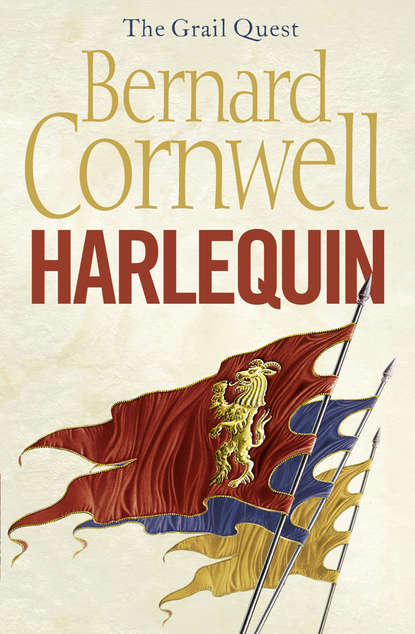По всем вопросам обращайтесь на: info@litportal.ru
(©) 2003-2024.
✖
Harlequin
Автор
Год написания книги
2019
Настройки чтения
Размер шрифта
Высота строк
Поля
Jeanette was too proud to be seen to fail and too angry not to try, though she attempted to disguise her effort which barely flexed the black yew stave. She kicked the arrow away. ‘My husband was killed by one of these bows,’ she said bitterly.
‘I’ve often wondered,’ Thomas said, ‘why you Bretons or the French don’t learn to shoot them. Start your son at seven or eight years, madame, and in ten years he’ll be lethal.’
‘He’ll fight as a knight, like his father.’
Thomas laughed. ‘We kill knights. They haven’t made an armour strong enough to resist an English arrow.’
Jeanette shuddered. ‘What are you praying for, Englishman?’ she asked. ‘Forgiveness?’
Thomas smiled. ‘I am giving thanks, madame, for the fact that we rode six days in enemy country and did not lose one man.’ He climbed from his knees and pointed to a pretty silver box that sat on the altar. It was a reliquary and had a small crystal window that was rimmed with drops of coloured glass. Thomas had peered through the window and seen nothing more than a small black lump about the size of a man’s thumb. ‘What is it?’ he asked.
‘The tongue of St Renan,’ Jeanette said defiantly. ‘It was stolen when you came to our town, but God was good and the thief died next day and the relic was recovered.’
‘God is indeed good,’ Thomas said drily. ‘And who was St Renan?’
‘He was a great preacher,’ she said, ‘who banished the nains and gorics from our farmlands. They still live in the wild places, but a prayer to St Renan will scare them away.’
Вы ознакомились с фрагментом книги.
Приобретайте полный текст книги у нашего партнера:
Приобретайте полный текст книги у нашего партнера:











